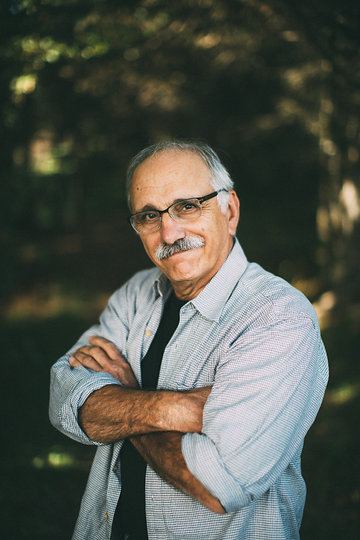We caught up with the brilliant and insightful Richard Chiappone a few weeks ago and have shared our conversation below.
Richard, so great to be with you and I think a lot of folks are going to benefit from hearing your story and lessons and wisdom. Imposter Syndrome is something that we know how words to describe, but it’s something that has held people back forever and so we’re really interested to hear about your story and how you overcame imposter syndrome.
In 1967, at promising age of eighteen, I flunked out of college, got married, and started having children. For the next forty-five years, I did manual labor to put food on the table; sandblasting chemical tanks, hanging commercial wall coverings, climbing scaffolding or ladders every day of my life.
Struggling for twenty years to overcome the humiliating setback of my failure at college, I finally got up the nerve to go back to school in 1987, taking night classes part time while working—always working—and lived a dual life, strapping on a tool belt and hardhat each morning, and discussing narrative theory each evening. I never told the guys on the job site I was going to school. They listened to Rush Limbaugh and others on their radios exhorting them to despise the educate “elites.” In writing workshops, I pretended to know the names and the books of authors the professors mentioned. I was a double imposter for years. Straddling fences can be hard on the groin and on your mind.
Then, when I completed my degree and was publishing regularly, I’d attend writing conferences and seminars where I found myself surrounded by other writers who almost always declared that they had “always wanted to write.” Apparently, they’d written their first books in kindergarten, whole trilogies by junior high. Mostly, I’d go quiet and fail to mention that I was 43 when my first short story was published in a national magazine, 46 when I received an MFA degree, 55 when my first collection of stories was published, 73 when my debut novel was released. I always hoped nobody noticed I didn’t belong there among real writers. I never quit the day job.
Finally, it took six fused vertebrae to repair the damage of nearly a half-century of heavy labor and get me to hang up the tools. It took publishing about a hundred magazine pieces and five hardbound books to make me feel a little less of a phony.
A little.
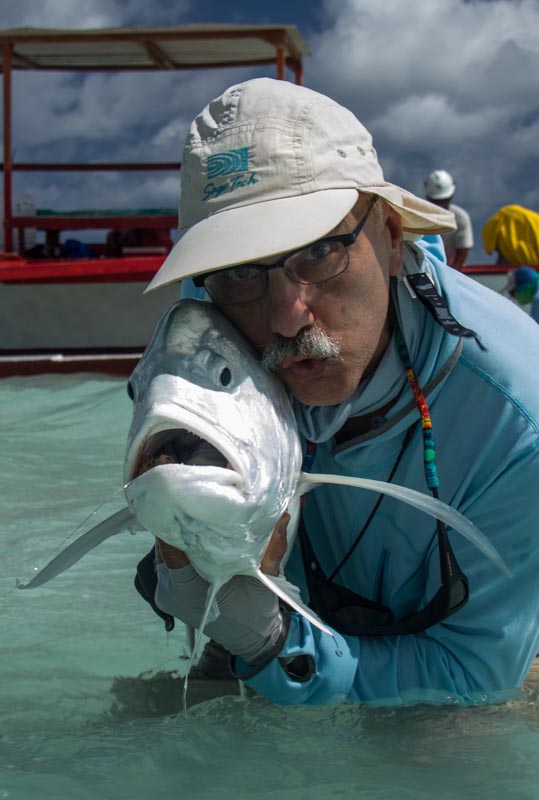
Let’s take a small detour – maybe you can share a bit about yourself before we dive back into some of the other questions we had for you?
I’m an inveterate short story junkie. Left to my own devices, I would read and/or write only short stories. I have published four collections of short prose. One book (Liar’s Code, 2015) looks like a collection of personal essays, but I think they’ve all been so heavily embellished they might as well be called fictions. Yes, I also published my debut novel in 2021, (The Hunger of Crows). But it’s my newest collection of short stories, Uncommon Weather (Sept. 2024), I am most excited about and proud of. The twelve short fictions, written over a period of 16 years, are all set in Alaska, where I have lived for 42 years. Here is a link to that
book: https://www.upcolorado.com/university-of-alaska-press/item/6565-uncommon-weather,
Meanwhile, I continue to publish in magazines. I have a story in the current issue of Alaska Quarterly Review (where I served as a senior editor more than twenty years ago), and another in the current edition of Gray’s Sporting Journal, where I published my first story in 1991.
A former associate professor in the low residency MFA program at University of Alaska Anchorage, I’m still I’m doing readings and still teaching classes part time around South Central Alaska.
Most of my books are available from bookstores or Amazon, in hard copy, Kindle, or audio book form.
My author website is chiappone.us
Aside from writing, I love to cook, often with local seafood I catch or gather here in Alaska.
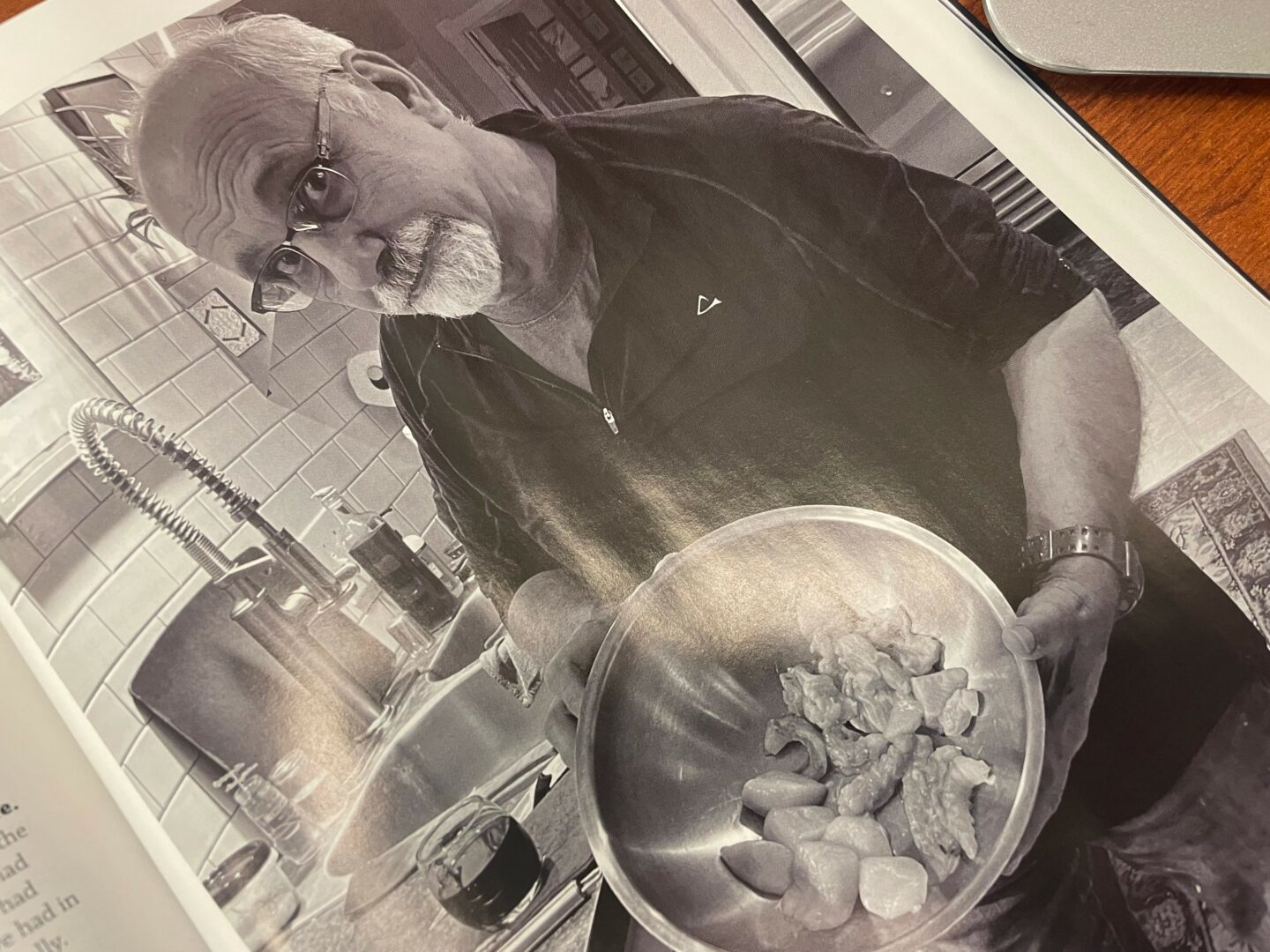
If you had to pick three qualities that are most important to develop, which three would you say matter most?
I have three things that I guarantee you have to do to succeed in any business, artistic undertaking, or personal relationship.
1) Do the work
2) Do the work
3) Do the work
Work is the closest thing to a religion I believe in. I literally broke my back (three major surgeries) doing hard manual labor for four decades. But the discipline it took all those years to keep showing up for work is the same mindset I needed to keep writing in the face of my own ignorance and a sometimes seemingly hostile world. As a teacher of creative writing for over thirty years, it continues to break my heart to see promising new writers quit after one or two minor setbacks. I have a story right now in one of the most prestigious literary magazines in the country today, a story that was rejected 21 times at other magazines before being accepted there.
I was saying “Just do it!” long before Nike stole that slogan.
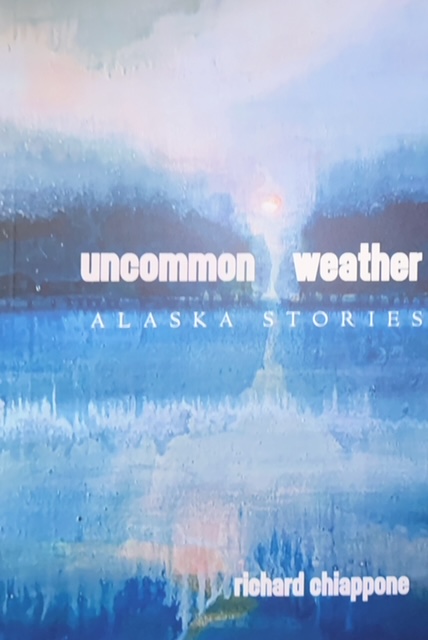
Thanks so much for sharing all these insights with us today. Before we go, is there a book that’s played in important role in your development?
After flunking out of college, I became almost phobic about higher education. I wouldn’t set foot on a campus for twenty years. But then I stumbled upon a collection of short stories by Raymond Carver titled Fires, and I read everything I could find written by him. His stories convinced me that ordinary people have complex interior lives that are worth writing about.
The original classical legends and myths were about the gods (Zeus, Poseidon, Aphrodite) and later about heroic, almost godlike characters (Achilles, Odysseus). By the 19th Century the emphasis was often on wealthy people or landowners (Think Jane Austen). I spent my days climbing a ladder or crawling around on hard concrete working on construction. What did those superior fictional characters have to do with me?
Raymond Carver wrote about guys who worked in sawmills, drank too much, got divorced, guys with high school educations. Guys like me.
I eventually learned that those classical heroes and the fancy characters in Jane Austen had real problems too. But if I hadn’t seen the interior hearts and souls of Carvers working class characters, revealed on the pages of his short stories, I don’t know that I ever would’ve developed the empathy i needed to appareciate that..
Contact Info:
- Website: https://chiappone.us
- Facebook: rich chiappone
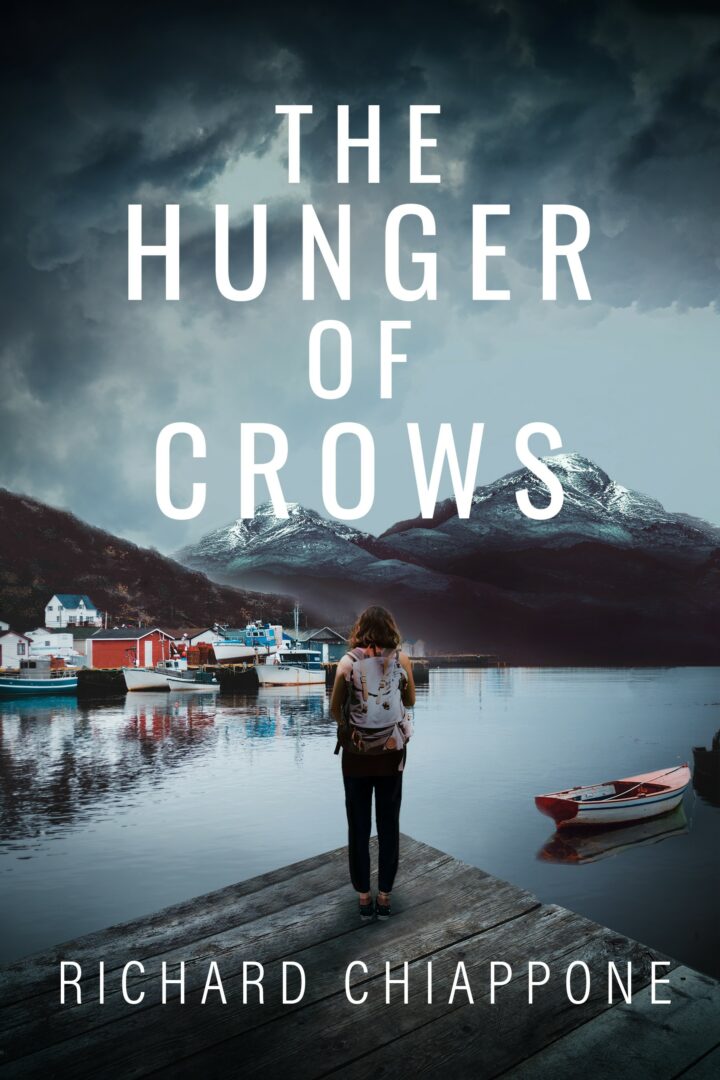
Image Credits
Dave Zoby
Bill Rice
so if you or someone you know deserves recognition please let us know here.

